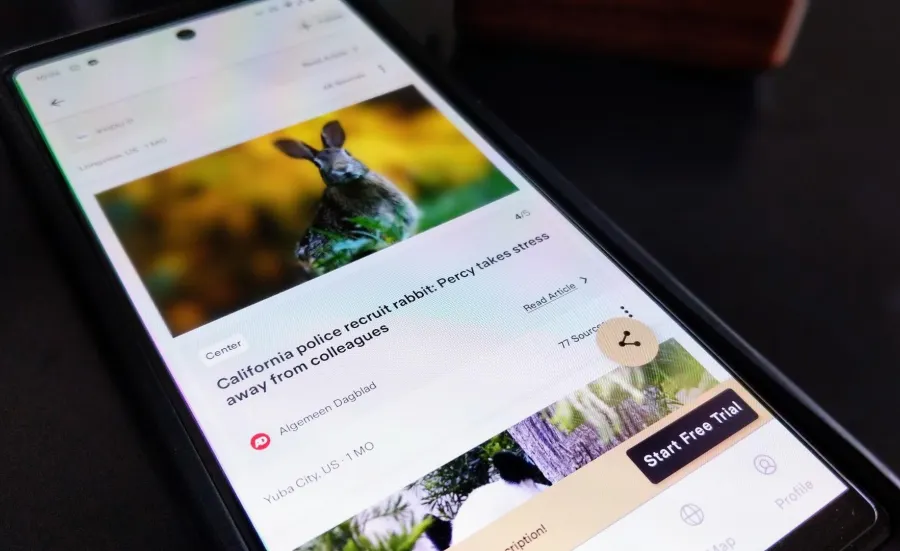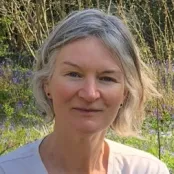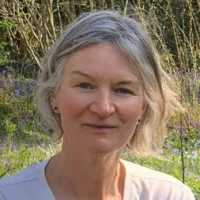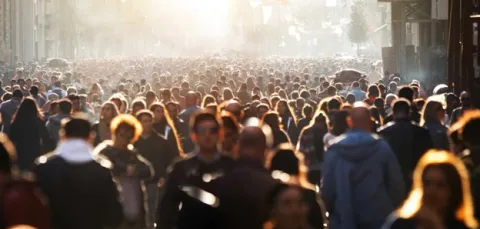The idea that positive stories do not have the same power as catastrophic or cautionary tales has long dominated the way news is reported. But research by Denise Baden challenged this, showing that positive stories can inspire ethical behaviour and have a strong motivational effect on society.
Using positive stories in teaching
In 2012, a UN report highlighted the need for a greater emphasis on corporate social responsibility and sustainability in business education.
As a business professor, Denise was keen to explore ways of encouraging a more ethical and sustainable mindset among her students. But she felt that traditional education was going about this the wrong way.
“At that time”, she says, “we were focusing too much on negative examples and saying “This is what you shouldn’t do.””
To Denise, with her background in psychology, this approach didn’t make sense. So she decided to take action.
In an initial study, Denise tested the idea that using examples of ethical or sustainable businesses could encourage students to take a similar approach.
She discovered that the opportunity to work with social entrepreneurs and ‘responsible’ business professionals provided students with inspirational role models. This helped them to believe that business could be both ethical and successful. Stories of scandals, meanwhile, had the opposite effect.
This led her to consider the wider implications of news stories. What if the media, by focusing only on problems and not solutions, was actually harming society’s motivation to tackle major issues such as climate change?
Researching the motivational effects of news stories
Expanding her research, Denise exposed undergraduate students to positive and negative versions of similar news stories. Negative stories included the war in Syria and coral reef destruction. Positive stories included peace talks with Iran and oceans becoming cleaner.
She found that positive news encouraged students to take positive actions, such as adopting pro-environment practices. The more anxious or pessimistic the stories made participants feel, the less motivated they were to act.
Her next step was to interview news editors and journalists.
“There was little awareness among them that a focus on negative news might have a negative impact” Denise said. “Their attitude was “We need to let people know how terrible things are so they can do something about it.”’”
But when Denise shared the results of her research, they were surprised. Some interviewees recognised that ‘bad’ news can create feelings of disengagement and powerlessness. Many also believed there had been a backlash against positive news as being “fluffy” or “propaganda”.
Denise then joined forces with another researcher called Karen Smith to publish her findings. Karen had conducted a similar study at the University of Virginia, exposing students to the same news story, which was manipulated to either inspire positive, neutral or negative emotions.
The research revealed that stories which were framed as catastrophes led to reduced motivation to take action on important issues. Stories that offered solutions inspired a greater motivation to take positive action and were still seen as legitimate journalism.
Influencing news organisations
Influenced by Denise’s research, leading media organisations decided to adopt new initiatives which focused on positive, solutions-based reporting.
In 2016, “the Guardian” launched a project to promote “journalism that focuses on our capacity to act together to make positive change”.
Meanwhile, the BBC’s head of special projects, Emily Kasriel, confirmed that Baden’s research had helped inform her approach to launching the Solutions-Focused Journalism initiative in 2016.
Emily said Denise’s research had helped colleagues “think about how they might broaden their understanding of what news is to also include a focus on solutions”.
Denise now hopes to have a similar impact on the field of story-telling and fiction. “I believe that climate change is the biggest challenge facing us and storytelling is a great way to get a message across.”
In 2018, she set up the Green Stories website, which runs free writing competitions. The aim of this is “to create a cultural body of work that entertains and informs about green solutions, inspires green behaviour and raises awareness of the necessary transformations towards a sustainable economy.”






